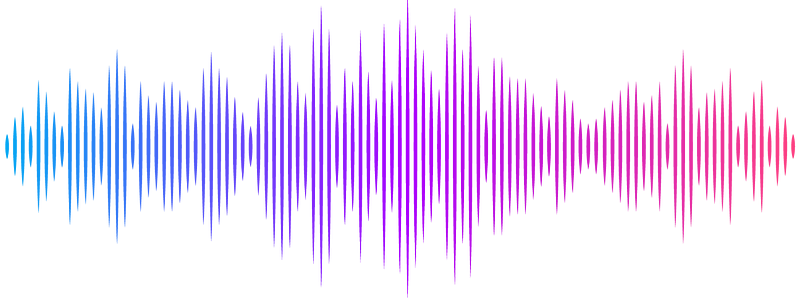PARP14 mediated SQSTM1/p62 cysteine ADP-ribosylation is counteracted by the SARS-CoV-2 macrodomain

PARP14 mediated SQSTM1/p62 cysteine ADP-ribosylation is counteracted by the SARS-CoV-2 macrodomain
Kubon, D.; Leslie Pedrioli, D. M.; Hottiger, M. O.
AbstractSeveral ADP-ribosyltransferases are upregulated during viral infections and are crucial for the cellular immune response. While interferon-induced PARP14 ADP-ribosylates various substrates, viruses such as SARS-CoV-2 counteract this by reversing ADP-ribosylation. The exact mechanism of PARP14\'s antiviral activity and the targets of viral macrodomains remain unknown. Here, we observe that PARP14 mono-ADP-ribosylates the selective autophagy adaptor SQSTM1/p62 at cysteine residues 113, 289/90, and 331 following interferon treatment. This correlates with the ADP-ribosylation of cytoplasmic p62 foci that colocalize with ubiquitin and PARP14 but not with LC3, thereby distinguishing them from classical autophagosomes. Moreover, the SARS-CoV-2 macrodomain effectively prevented this p62 modification, suggesting an antiviral function for this ADP-ribosylated target. Furthermore, our results indicate that TRIM21 prevents the autophagic degradation of ADP-ribosylated p62, suggesting that the identified p62 foci may have autophagy-independent roles. This study contributes to our understanding of the molecular dynamics involved in host-virus interactions and highlights the potential role of ADP-ribosylation in the regulation of innate immunity.


